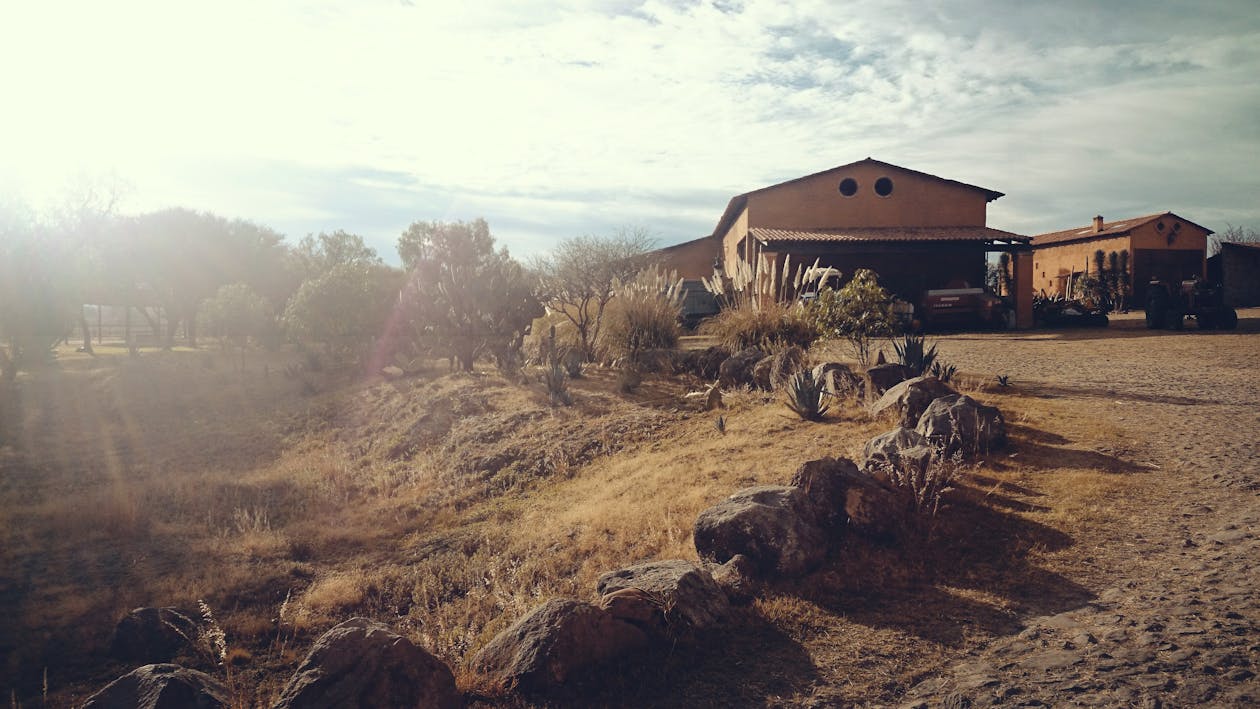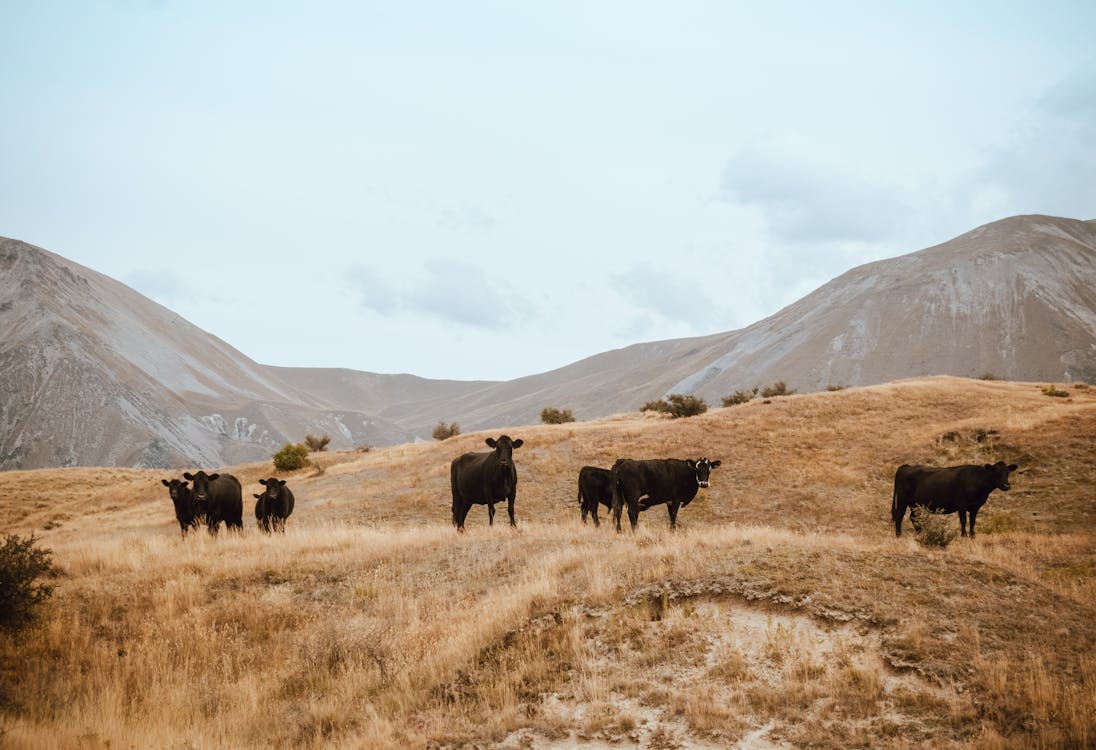Myth 1: Small Ranches Don’t Make A Difference
This myth argues that small farms and ranches really don’t impact the economy or local food supplies. However the reality is that small farms of up to 150 acres make up the vast majority of the agricultural industry. Small farms and ranches sell to larger distributors, as well as directly providing food and resources to their local communities. This allows nearby residents to enjoy the freshest foods, the highest-quality meats, all at the best prices. Supporting local agriculture is one of the best investments a community can make.

Myth 2: Ranchers Mistreat Their Animals
Modern ranching practices place huge importance on raising cattle ethically. Mistreating their animals only results in lower production yield, and animals that are more difficult to work with. It’s in the rancher’s best interest to provide the animals with comfortable and happy lives. The animals are healthier, resulting in higher quality meat products that can be sold for higher prices.
Myth 3: Ranchers have raised cattle the same way for decades
While ranchers do lean on their predecessors for some insight and advice from everything to cattle behavior to calving troubles to genetic decisions, a lot has changed in recent years. Today, science and technology is playing a major role in the raising of cattle. Ranchers often work closely with veterinarian sto manage a herd’s vaccination and animal health protocols. They seek insight from plant and soil biologists to help them manage grass, soil and water and make genetic decisions using genomically enhanced EPDs (think of them as amped up Ancestry.com stats for cows and bulls) so that we can raise cattle efficiently. Nowadays, everything that is done, from farm to fork, is extensively analyzed and recorded so that they can continue to improve their practices, raise more beef and improve their sustainability footprint.

Myth 4: Most beef farmers and ranchers are men
While the majority of U.S. farmers and ranchers are men, women are gaining traction and market share. In fact, according to the 2017 Ag Census, more than half of farms have at least one female producer. Additionally, in 2017 (which is the most recent available data) the U.S. had 1.2 million female ag producers which accounts for 36% of all ag producers. Women in agriculture continue to increase yearly.
We hope that this blog has laid to rest some of these common myths. If you have any questions or queries about ranch real estate in Northern California or any of our ranch property listings, do not hesitate to contact us here.

